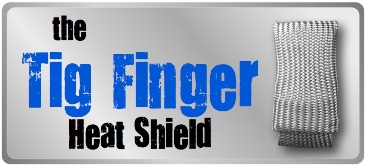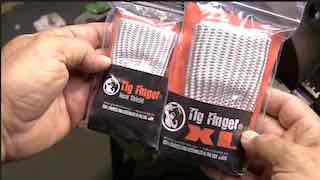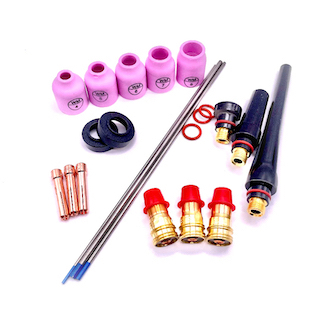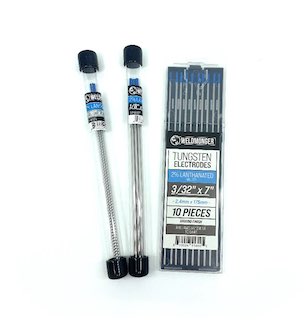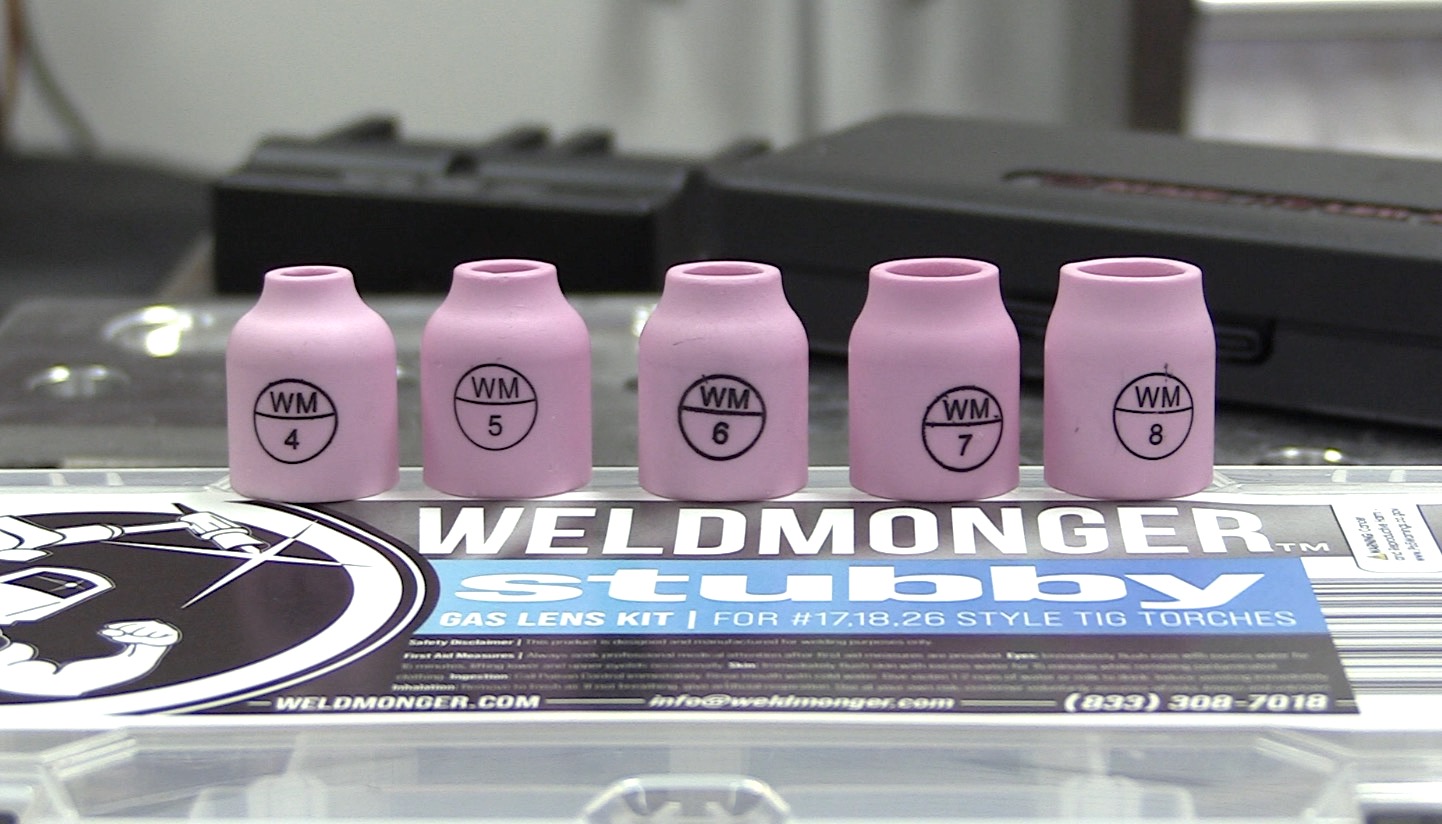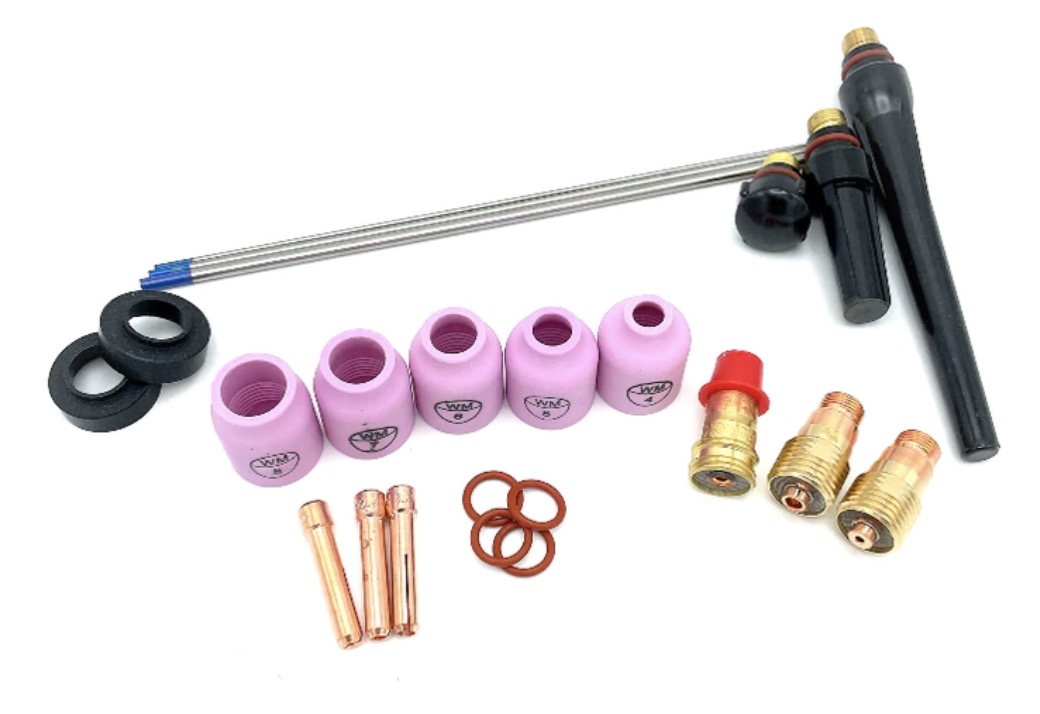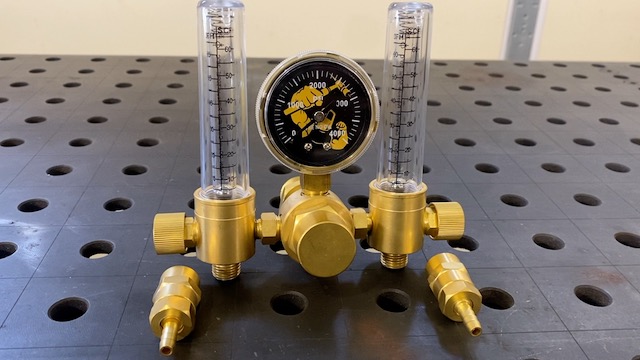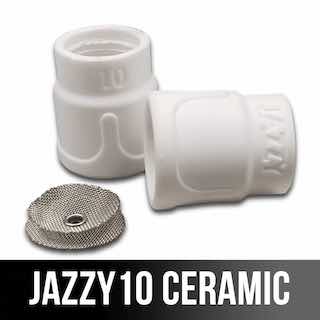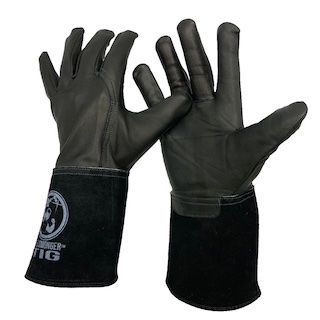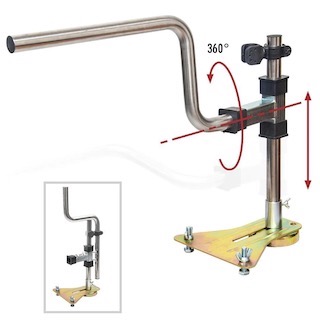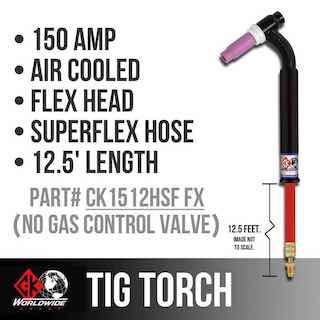6g 6 inch pipe Tig Root laywire technique settings and arc shots
- HOME
- WELDING CERTIFICATION
- 6g 6inch Tig Root
scroll down for detailed settings
There are several ways to weld a root pass for a 6g pipe test.
The method you choose might be dictated by the requirements of whoever is administering the welding test.
Some inspectors want a lot of reinforcement on the inside...others want slightly above flush.
This is the laywire method.
Usually, the root pass will be slightly above flush after the hot pass.
Another method is the dip keyhole method which is a bit slower but allows for more root reinforcement.
And of course back feeding is another technique that might allow for a heavier root pass.
WELD PROCESS = TIG, GTAW, GAS TUNGSTEN ARC WELDING,
METAL TYPE = carbon steel PIPE
THICKNESS = 6 inch schedule 80 pipe wall thickness .430"
WELD TYPE = groove
JOINT TYPE = BUTT WELD OPEN ROOT WITH 1/8” GAP AND ZERO LANDLAYWIRE TECHNIQUE USING FORWARD AND BACK MOTION
POSITION =6G
AMPERAGE = 115-125 AMPS
TUNGSTEN = 2% LANTHANATED, 3/32"
FILLER WIRE = 1/8” ER70S2
POLARITY = DCEN
GAS FLOW = 20 CFH argon
CUP SIZE = 8
PRE FLOW = MANUAL
POST FLOW = 10
ADDITIONAL SETTINGS =
TIPS: EXTEND ELECTRODE ENOUGH TO GET A DECENT ANGLE SO THAT WALKING THE CUP OR FREEHAND WELDING BOTH WORK WELL
Aim for an arc length that is equal or less than the diameter of your tungsten electrode.
Torch angle can be forgiving provided your arc length is tight.
Keep the hot tip of the filler wire shielded by the argon envelope from the tig cup
Snip oxidized tip of filler metal before a restart
"laywire" just means leaving the wire in the puddle as opposed to a dip and keyhole technique
The reason for freehand as opposed to walking the cup, is that it allows for a forward and back motion as opposed to sideways.
forward and back can help with getting more push thru on the root pass which is helpful on a weld test.

